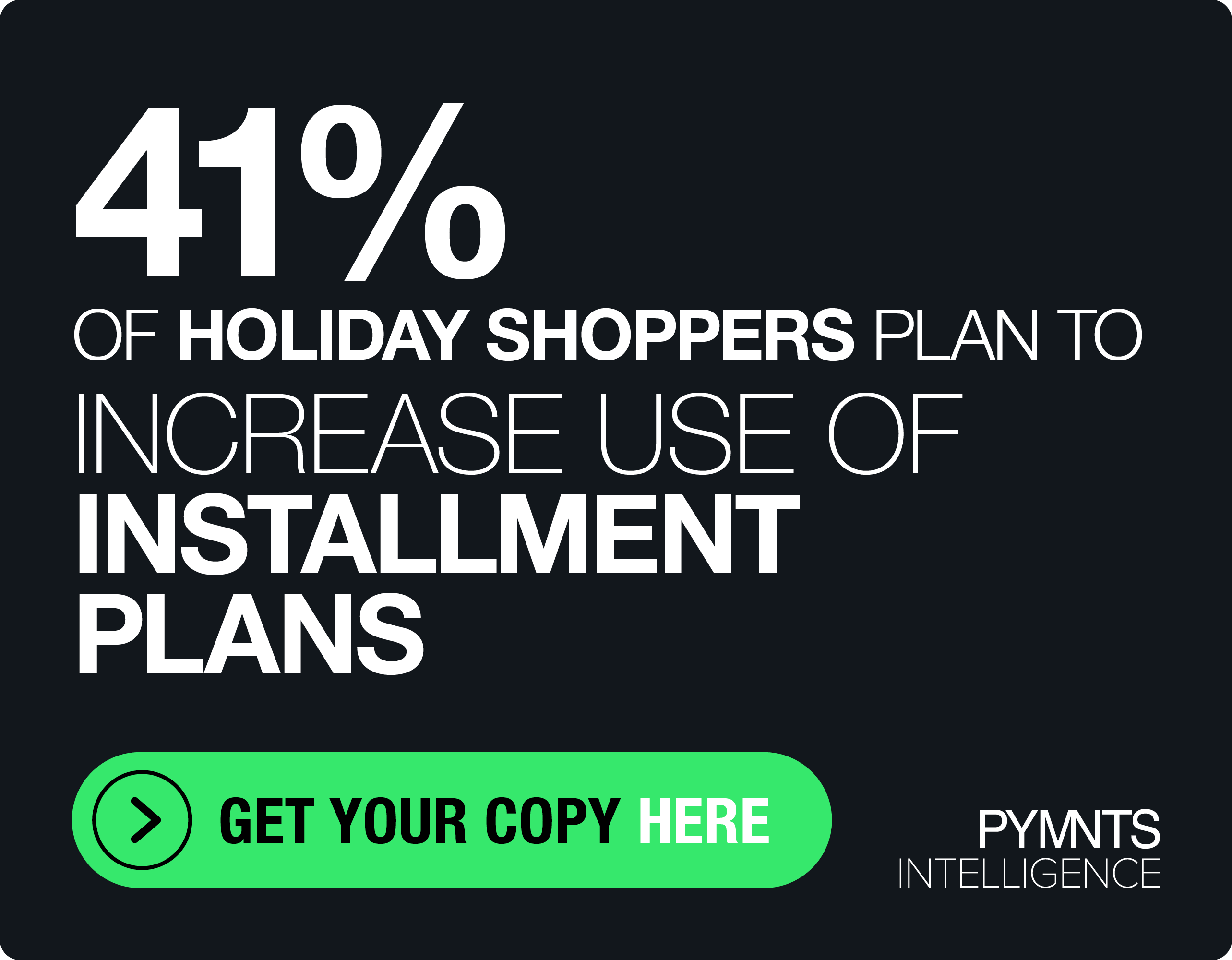New Corporate Payment Tricks For Old Rails

This week’s look at the latest in payment rail innovation finds solution providers largely embracing the opportunity to develop new technologies for legacy payment rails. Some firms are focusing on the payer — looking to combat fraud or cross-border payments friction — with their tools. Others, meanwhile, have turned their attention to the accounts receivable end of a B2B transaction. Below, PYMNTS explores the latest initiatives to improve existing payment networks for better corporate payments.
Kyriba Streamlines Connectivity
This week, Kyriba announced the debut of the Kyriba Payments Network, a solution designed for treasurers and CFOs to unify and streamline their payments activity in an effort to mitigate the risk of fraud. A key feature of the tool is its ability to support connectivity with more than 1,000 banks, and a range of payment rails and protocols to support a suite of payment formats. Standardizing these integrations means boosted visibility, the company said, while reducing costs, improving compliance and addressing the growing threat of fraud.
Rapyd Wields The Visa Network
B2B FinTech-as-a-Service provider Rapyd is partnering with Visa to wield the payment giant’s offerings on its own platform, used to help developers integrate payments and FinTech functionality into their commerce solutions. In their announcement, Rapyd said it will wield Visa’s platform Visa Direct to facilitate real-time fund transfers to gig workers, for example. Their partnership will also bridge Rapyd to Visa’s card network, enabling the issuance of virtual Visa cards for gig workers to make purchases on behalf of their employers.
Esker Consolidates Over-To-Cash Payments
Process automation solutions provider Esker is partnering with Stripe Connect to enable businesses to streamline their order-to-cash cycles by consolidating sellers’ access to payment providers and rails. The companies recently announced their collaboration, which will also enable Esker businesses to accept payments via a range of payment rails, including credit and debit cards, as well as direct debit networks like ACH and SEPA. Esker said the partnership will connect B2B vendors to enhanced efficiencies, while expanding Esker’s own opportunities for product development by streamlining customer onboarding.
RBC Links Corporates To Interac Service
RBC Bank recently announced that it has become the first bank in Canada to offer Interac’s e-Transfer: Bulk Request Money service for corporates. The service operates on the Interac debit network, and enables businesses to automate the process of sending multiple requests for payment — a traditionally arduous and manual accounts receivable process. Companies can use their customers’ email addresses or phone numbers to initiate the process, rather than having to manually input a trove of account data, with recipients able to complete payments directly via Interac once they receive a notification.
SWIFT gpi Touts 2019 Numbers
SWIFT‘s gpi released new data to showcase the growing adoption of the cross-border payments network. According to SWIFT, global transfers by service providers using gpi totaled $77 trillion in 2019, nearly doubling 2018 figures. Today, nearly 65 percent of SWIFT’s cross-border payments are facilitated via gpi, with the service now operating with more than 3,900 members. In a statement, SWIFT Head of Payments Market Infrastructures Carlo Palmers said that SWIFT pointed to the opportunity to mix payment rails to improve payment performance.
“By combining gpi and domestic real-time payments networks, SWIFT is facilitating instant international payments with fee and foreign exchange transparency,” he said.
